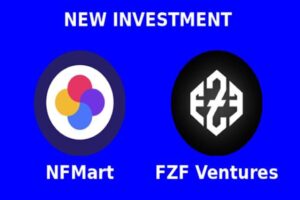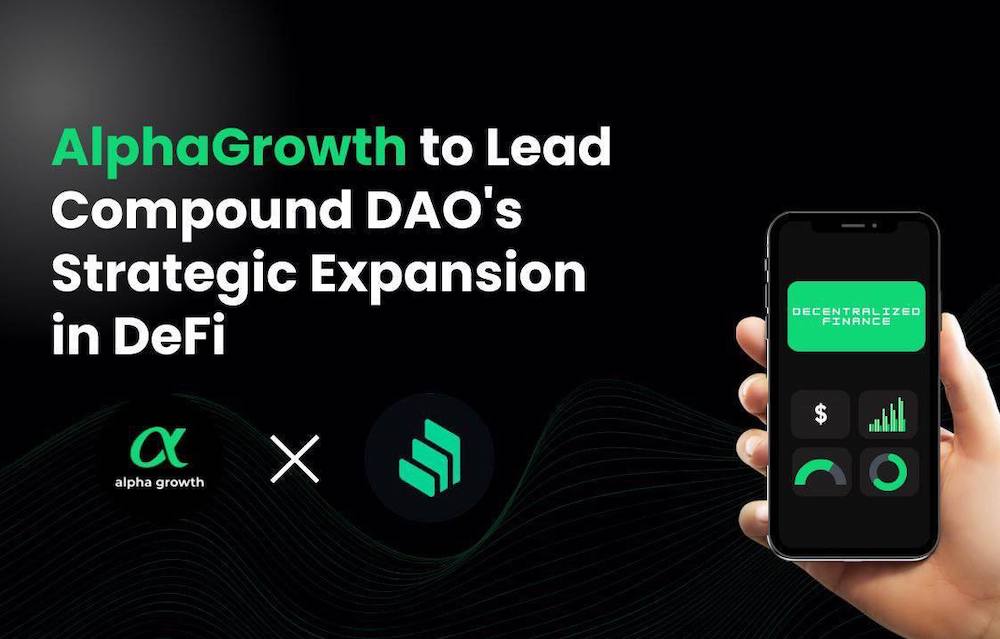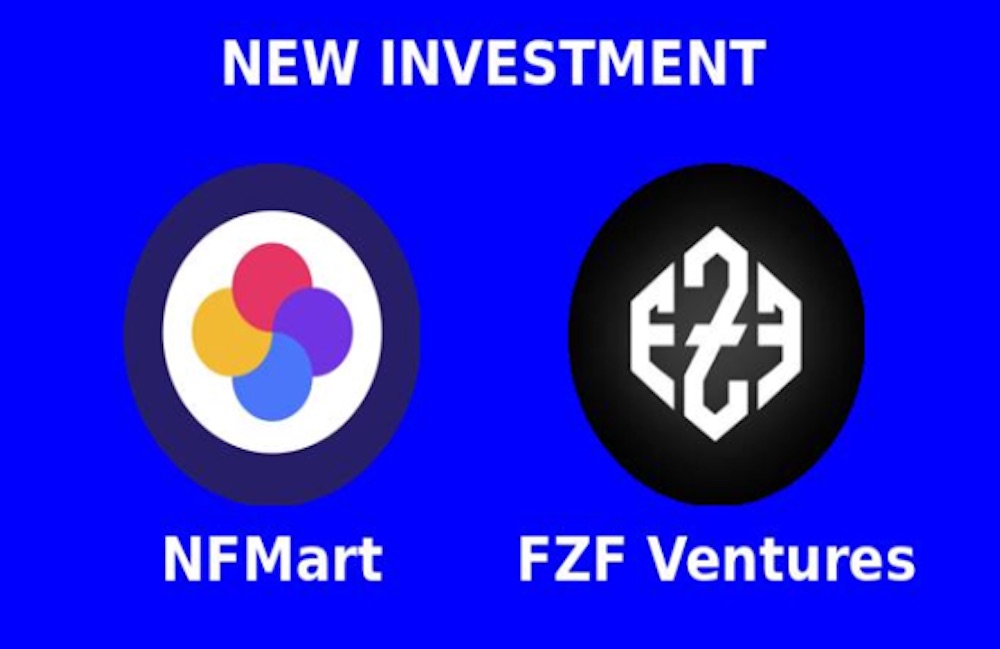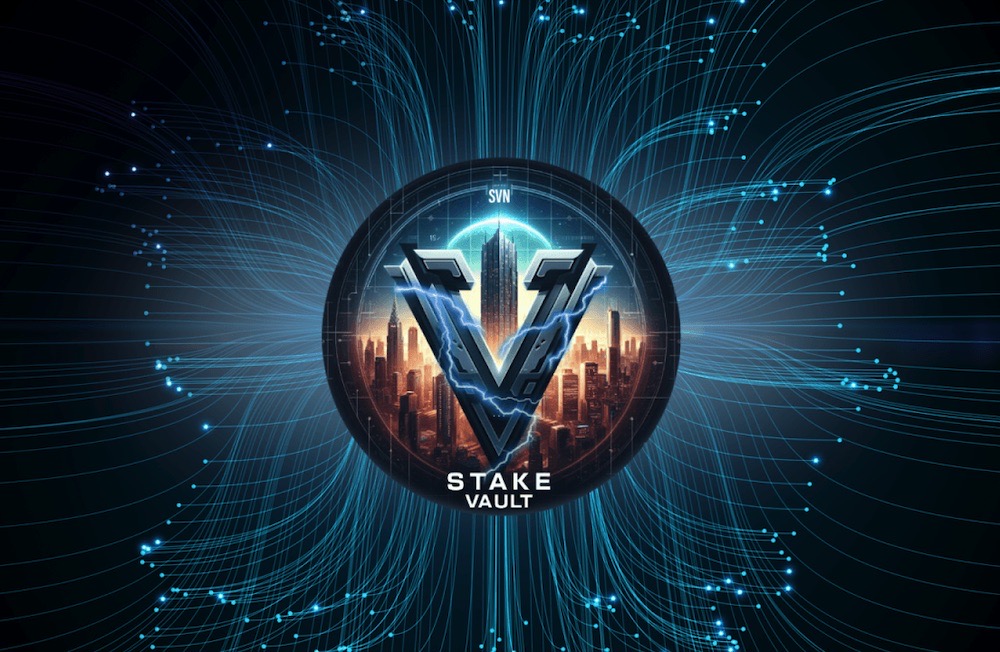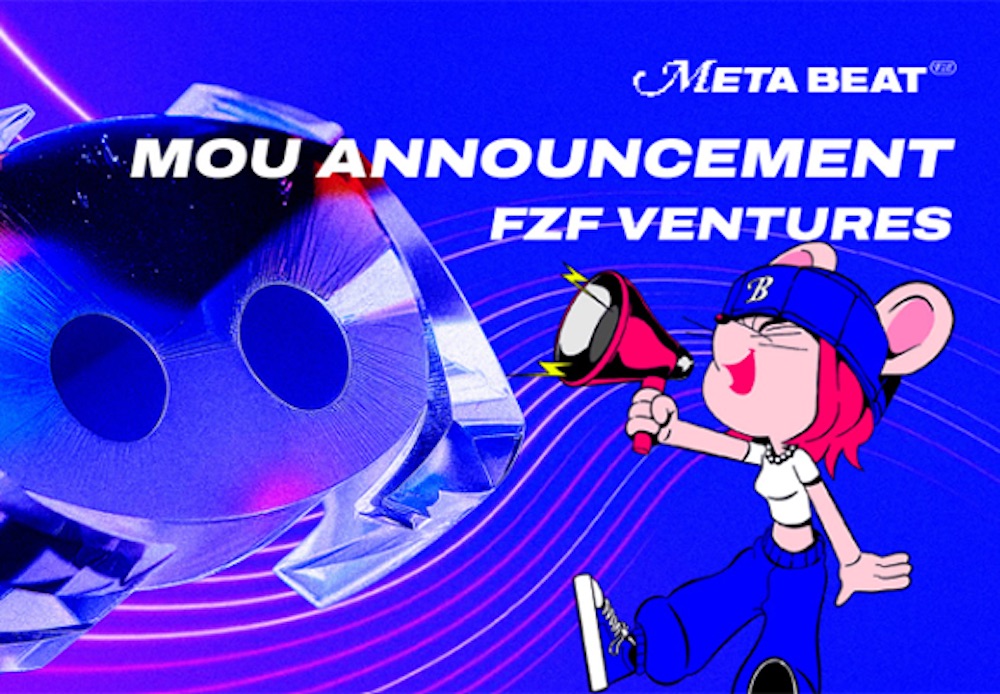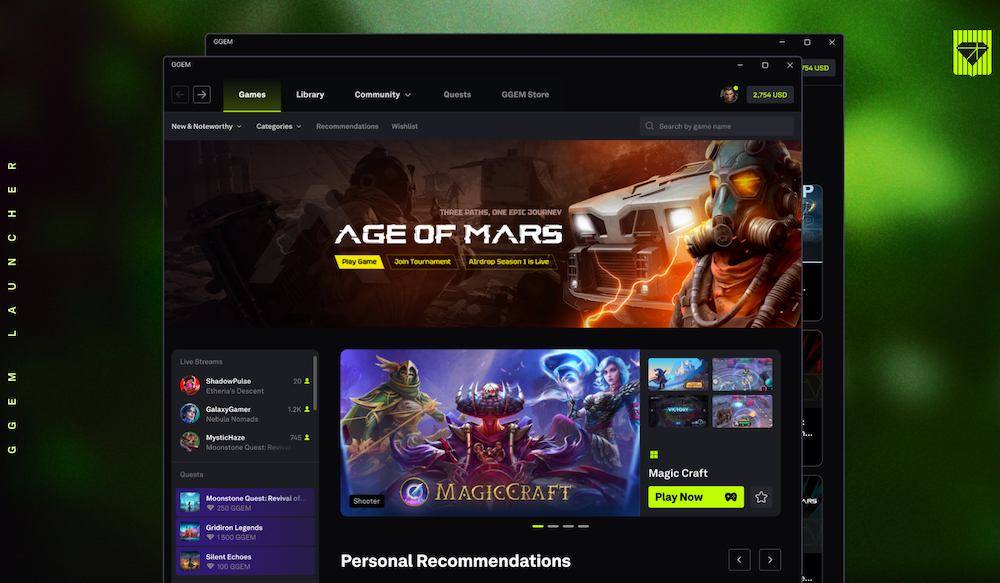
Top performing cryptocurrencies in May were Bytecoin, Zilliqa and Decred. While Cardano, Nem and Qtum suffered the heaviest losses.
As we pass into another month in crypto land it is time to evaluate May’s winners and losers. After solid gains throughout April, May was set to build on them and send crypto markets higher again. It didn’t happen and the bears regained control pushing them all back down again from highs on the 6th. May has largely been a month of decline.
Total crypto market capitalization has fallen in May from around $418 billion on the 1st to $328 billion on the 31st. This equates to a loss of 21.5% as 90 billion dollars flooded out of crypto and back into fiat. Since the peak in January, crypto markets had lost 60% by the end of May, around $500 billion. For the past 3 months they have been oscillating between $270 and $470 billion, unable to break out in either direction.

Bitcoin has played the pied piper and led the markets down falling from $9,200 at the beginning of the month to around $7,500 at the end of it. This represents a fall of 18.5% which is slightly less than that for all cryptos indicating that altcoins have had a worse time in May. Bitcoin trade volume has also fallen from around $8.5 billion to $4.5 billion during May; this has knocked its market cap down by 18% to $128 billion. Bitcoin’s market dominance increased marginally in May from 37.7% to 39%.
May Crypto Winners
An epic pump caused by a Binance listing made Bytecoin one of the very few cryptocurrencies that ended May at a higher level than it started. BCN made 19% in May from $0.0055 to $0.0065; in satoshi levels this privacy focused coin did very well climbing 53% from 58 to 89 satoshis. Bytecoin surged into the top 25 and ended May at 20th spot with a market cap of just over $1.2 billion.
Zilliqa is one of the few other coins in the top 30 that has ended May higher than it began. Up 10% from $0.010 to $0.011 ZIL was also listed on a number of exchanges which gave it the pumps. Against Bitcoin Zil climbed 36% from 1100 satoshis to 1500 satoshis, its market cap at the end of May was $830 million.
Decred also needs a mention as it gained 12% in May from around $80 to $90 at the end of the month. DCR made solid gains against BTC also rising 35% from around 920000 satoshis to 1220000 over the 31 days. Decred is ranked at 29th spot with a market cap of $660 million.
May Crypto Losers
Ethereum has not fared as badly as Bitcoin during May but has still lost around 16% from a trading level of $670 at the beginning of the month to $560 at the end of it. This had the result of knocking $11 billion off its market cap as all cryptos fell in unison.
Ripple’s XRP has taken a beating in May dropping 27% from $0.82 to $0.60. As usual the company continues to forge a way into the banking system with new partnerships but this has had little effect on its cryptocurrency price. If any token should do well it would be the one that is being used in real world situations and should be XRP with the xRapid system. This hasn’t been the case though for Ripple.
Bitcoin Cash began the month trading at around $1,300 and ended it 25% down at around $980. BCH peaked at $1,840 on May 6 leading up to its mid-month hard fork but this was not enough to stop the downward slide that followed.
EOS has dominated the news in recent weeks with the launch of its mainnet but this did not stop the coin shedding almost 30% in May. Starting out trading at around $17, EOS had fallen to around $12 by month end. Against Bitcoin however it has only lost 16% falling to 162000 satoshis at the end of May.
Litecoin has followed the rest of the cryptos by falling in May. No news has emerged for the world’s 6th most popular digital coin which saw prices plummet from around $145 to $117 during the month. The 20% loss is in line with the general fall in crypto markets during May.
Cardano took a heavy hit in May shedding 38% from $0.34 to $0.21. ADA is more volatile than most altcoins as it climbs quicker but falls harder, against BTC is lost 23% ending at 2860 satoshis. Likewise Stellar Lumens suffered heavy losses in May dropping 36% from $0.42 to $0.27. Against Bitcoin XLM fell 18% to 3760 satoshis at the end of May.
Iota lost 17% in May sliding from $1.9 to $1.57 over the 31 days. Against Bitcoin however it remained stable at around the 21000 satoshi level, making it one of the few coins that did not lose out to BTC in May. Previously well performing Tron lost over 30% in May falling from around $0.090 to $0.062. In satoshi terms the loss was around half at 15% from 1000 sats to 845 sats over the month.
Neo took a pasting in May falling from $80 to $51 over the month. The dollar loss equates to around 36%, the Bitcoin loss was around 22% with Neo ending the month at around 700000 satoshis. Monero also got battered losing 34% from $235 to $155 in May, and Dash fell by the same percentage ending the month just over $300.
Nem got beat up in May along with the rest falling 38% from $0.39 to $0.24. VeChain lost 23% ending the month at around $3.40 and Binance Coin just below it shed around 10%. Ethereum Classic dropped 28%, Qtum got battered 40% falling from $22 to $13, and just outside the top 20 OmiseGO lost 37%.
Similar losses were suffered by Icon down 34%, Zcash losing 11%, Lisk down 32%, and rounding out the top 25, Ontology losing 21%.
The majority of cryptocurrencies fell in May, with only a handful of smaller ones doing well as major exchanges listed them. Overall losses in May were not as bad as March but most of the gains made in April were wiped out and markets were generally bearish at the end of the month. To summarize, the biggest winners in the top 30 in May have been Bytecoin, Zilliqa and Decred with Cardano, Nem and Qtum suffering the biggest losses.









